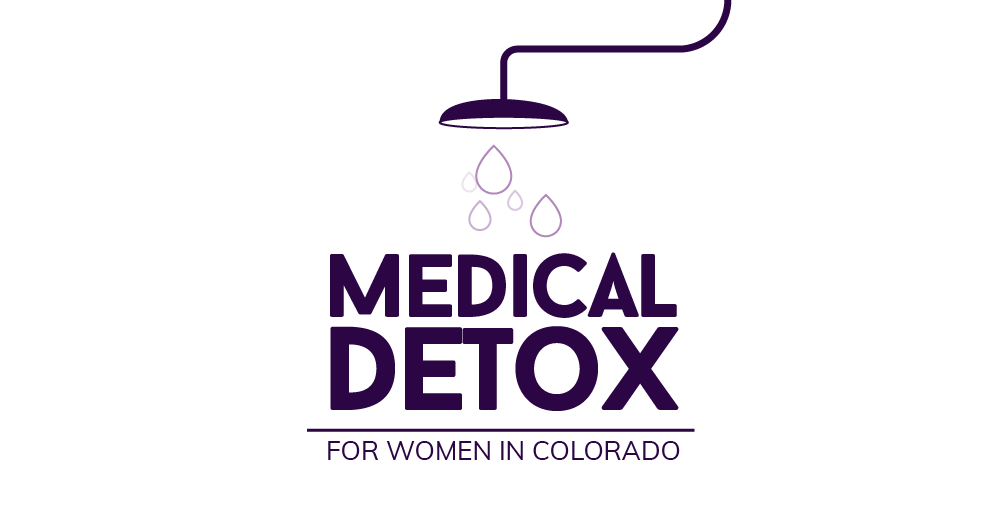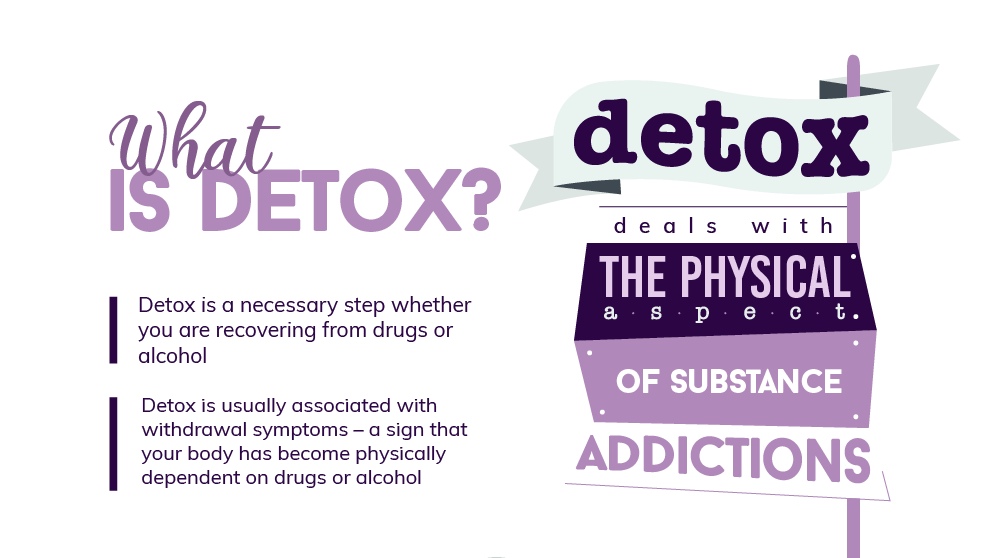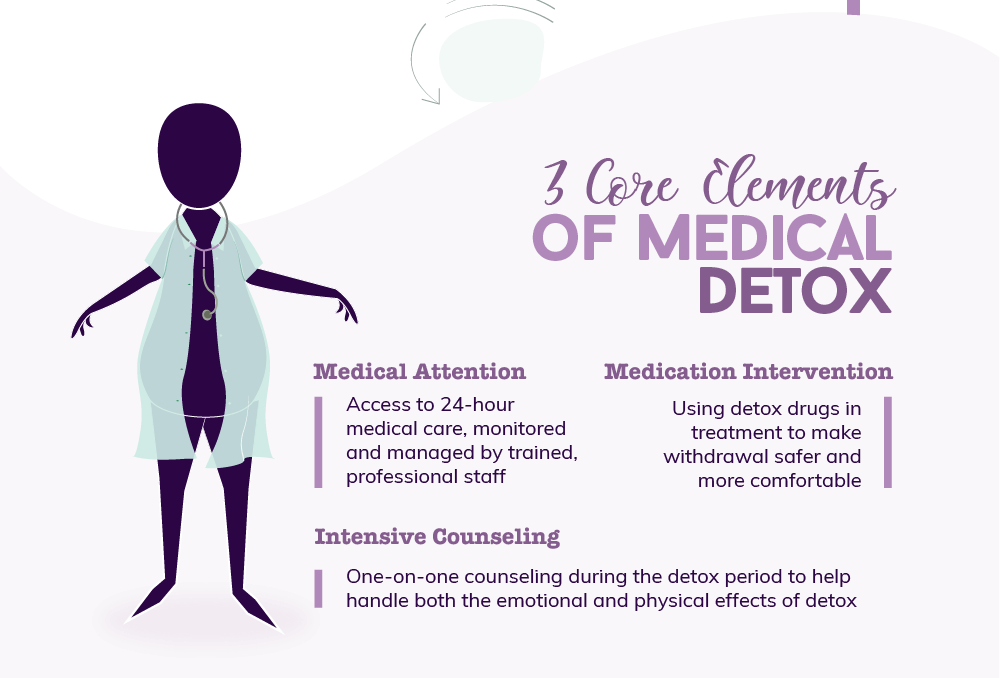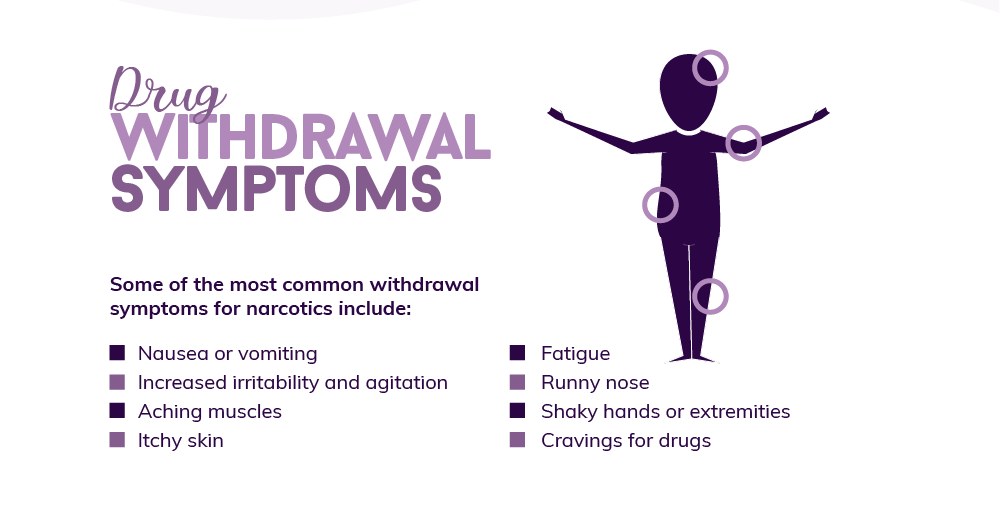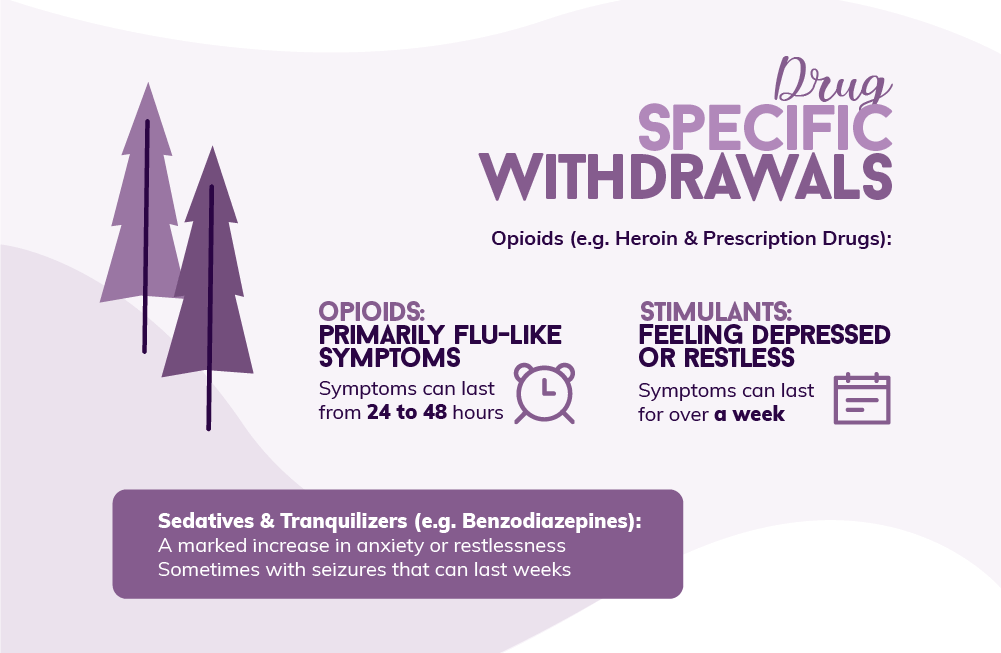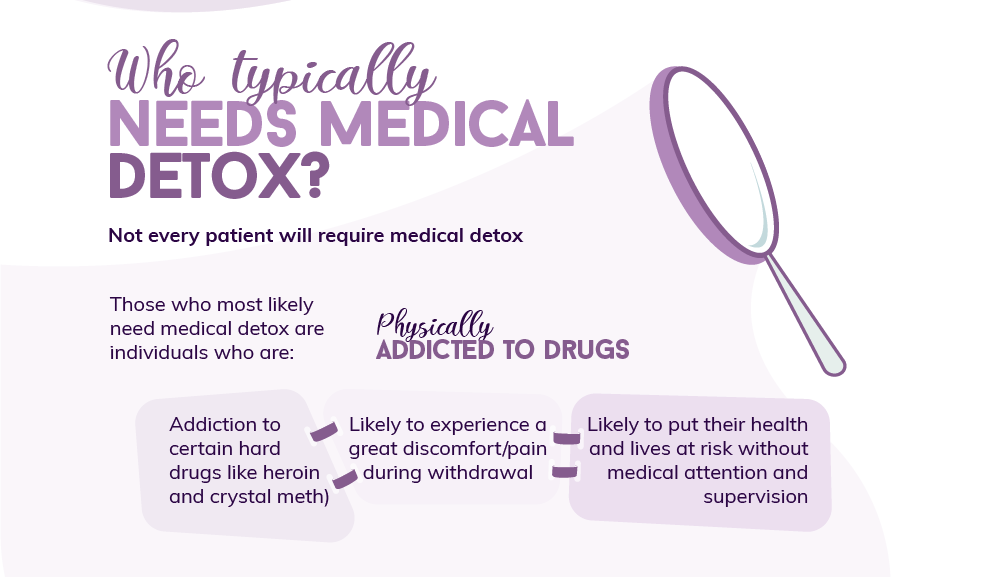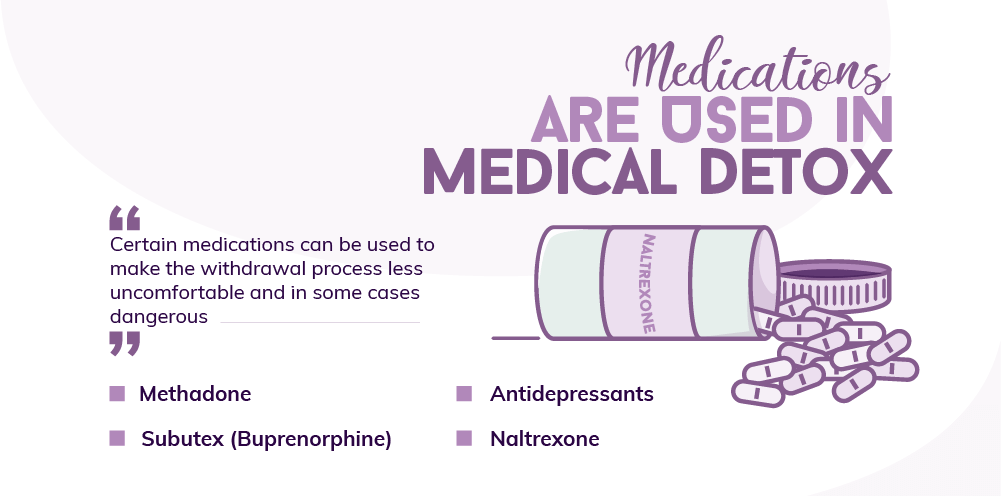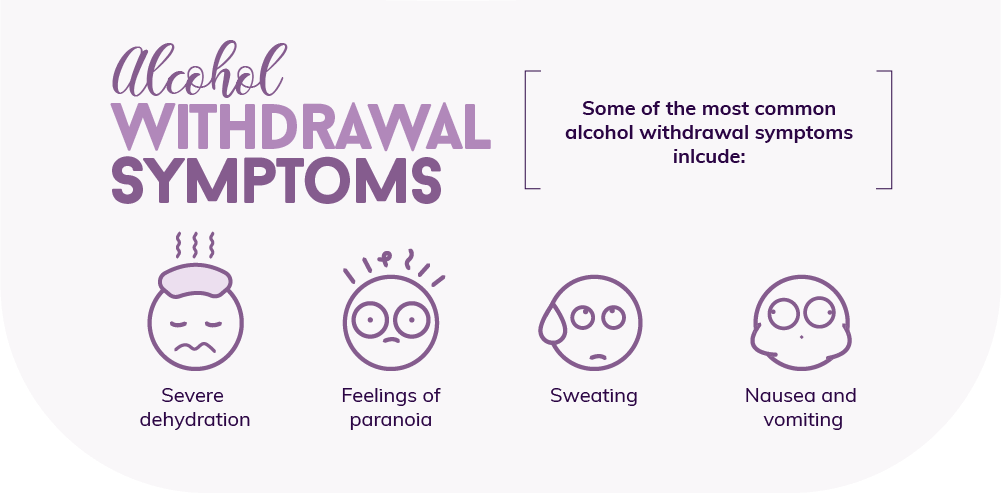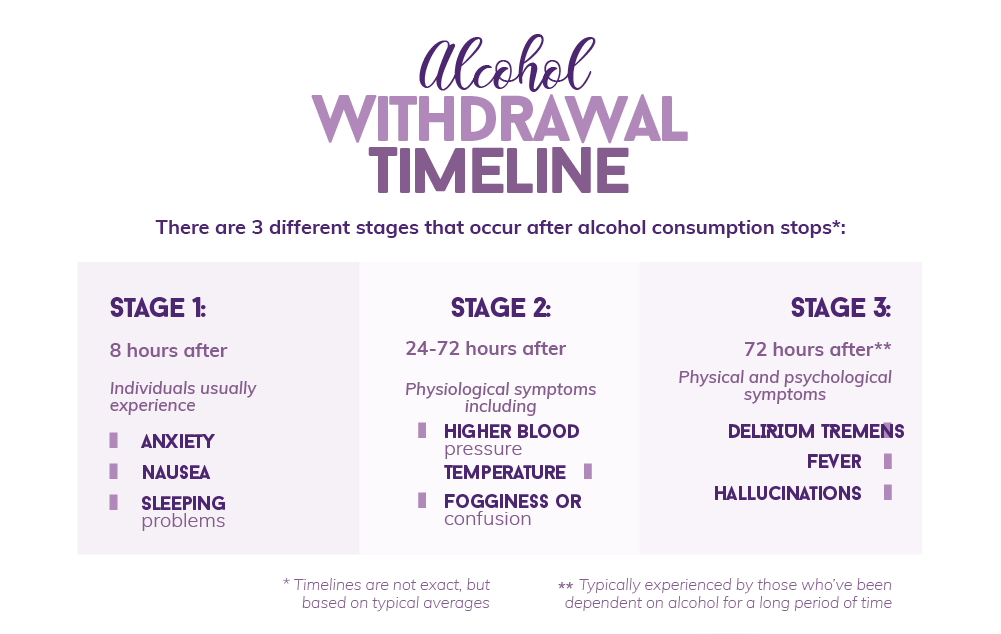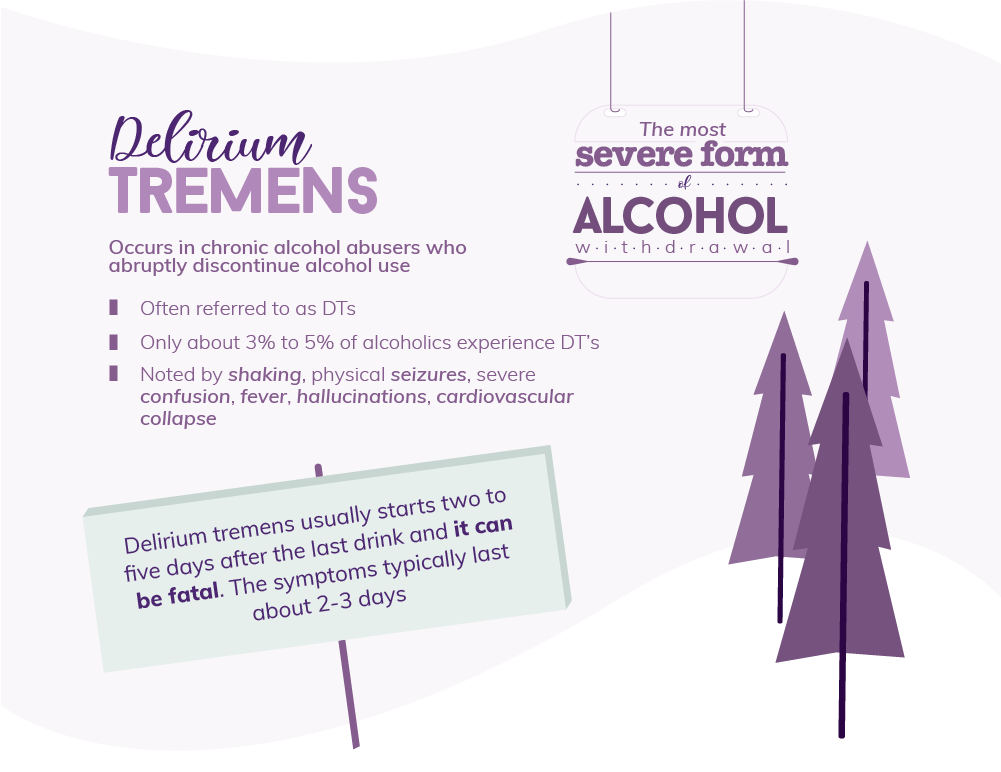A Guide to Medical Detox for Women in Colorado
This guide to medical detox for women in Colorado has just one major goal: to give you the best information possible about both addiction and recovery. If you are looking for more information about how medical detox for women works and what the purpose of detox is, you have come to the right place. Detox is a crucial element of the recovery process since it is typically the first step toward overcoming addiction altogether.
Women’s Detox Information
The main goal of medical detox is the same as any other part of the addiction treatment and recovery process: to get those struggling with addiction to the point where they are empowered to kick their habit to the curb for good. Instead of painting over addiction and pretending that it is not there, the best drug detox requires facing your addiction to alcohol or drugs head on. This can be difficult, but it is certainly not impossible.
This guide covers all of the most common questions about medical detox in the face of alcohol and drug addiction for women, including:
- What is detox?
- What is medical detox?
- When is medical detox needed?
- What is involved in medical detox for women?
- What kinds of rehab programs in Colorado offer medical detox as an option?
- What is the difference between drug detoxification and alcohol detoxification?
- What are the withdrawal symptoms associated with detox for women?
- What kinds of medications are used in medical detox for women?
- How long does detox and withdrawal symptoms typically last?
- What is the difference between medical detox for women and for men?
- How can you get the help you need for addiction treatment and detoxification?
“Healing works through a kind of detox: things have got to come up in order to be released. That is true of our personal issues, and also our collective issues. We can’t just push the darkness down, pour pink paint over it and then pretend it’s not there. We have to look at it, accept that it exists and then release it for healing.”
~ Marianne Williamson
Understanding Medical Detox for Women in Colorado:
What is Detox?
Addiction treatment can take on many different forms, and depends entirely on what kind of treatment program you choose to participate in. For instance, inpatient drug and alcohol rehab in Colorado typically lasts twenty-eight days – or four weeks. In contrast, intensive outpatient programs for drug and alcohol addiction often last much longer. These intensive programs can last as long as 90 days – or three full months. The difference is because inpatient drug rehab typically lasts all day, while intensive outpatient programs require participation for ten to twelve hours each week.
Whether you participate in residential drug rehab or an intensive outpatient treatment program in Colorado, both forms of addiction treatment begin with the same first step: detoxification from alcohol or drugs.
Detox is a necessary step whether you are recovering from drugs or alcohol, participating in an inpatient or outpatient program, or have been addicted for years or just a few months.
In simple terms, drug and alcohol detoxification involves ridding your body of the substance that you have been using and abusing. This process is usually associated with drug withdrawal symptoms – a sign that your body has become physically dependent on drugs or alcohol. Specific withdrawal symptoms for drugs and alcohol are outlined below, but they can include everything from nausea and irritability to hallucinations and seizures.
The intensity and length of withdrawal symptoms depends on three main factors:
- What kind of drug you are addicted to.
- How long you have been abusing drugs or alcohol.
- The amount of the substance that you typically consume.
- Whether or not co-occurring disorders are present (either mental or physical).
- How much of the drug is present when entering the detox stage.
- How long the effects of the specific drug typically last in the body.
Sometimes drug withdrawal symptoms can be overcome altogether without any intervention at all. But sometimes these withdrawal symptoms can become too much to handle, requiring medical intervention both for the safety of the person in withdrawal and to help ensure that they can successfully overcome the effects of substance abuse.
The longer you have taken the drugs, the high number of drugs that you take, and the harder the drug you are addicted to, the more intense withdrawal symptoms and detox are going to be. These drug withdrawal symptoms can sometimes lead to the necessity of engaging in medical detox, particularly when addiction or substance abuse has been present for a long period of time. Not everyone who enters drug or alcohol rehab in Denver will require medical detox.
Those who typically need medical detox include:
- Those who have an addiction to certain hard drugs (including heroin and crystal meth).
- Those who would be likely to experience a great amount of discomfort during withdrawal (such as those who have been addicted to drugs for many years).
- Those who would be likely to risk their physical health if they attempted withdrawal without medical attention and supervision.
The best drug detox programs for women account for the intensity of drug withdrawal symptoms as one of the most crucial elements of addiction treatment. In a phrase, the rest of drug abuse or addiction recovery depends on successfully withdrawing from drugs or alcohol. With this in mind, programs involving medical detox in Colorado usually have three or more core elements:
Access to 24-hour medical care, so that the effects of detox can be effectively monitored and managed by trained, professional staff
The option of including detox drugs in treatment to make withdrawal safer and more comfortable
One-on-one counseling during the detox period to help handle both the emotional and physical effects of detox
The combination of these three elements in medical detox from both drugs and alcohol allows those looking to overcome addiction in Colorado to start out recovery on the right foot. While detox is only the first step on the road to recovery, it is a very important first step. In short, medical detox helps both alcoholics and drug addicts through this process in a supportive and safe environment.
Medical Detox from Drugs in Colorado
If either you or someone you know is struggling with drug addiction, you may be wondering what it would be like to get started on recovering from this addiction altogether. As we already noted above, drug detox is the very first step that someone who is addicted to drugs needs to take on the road to recovery. More than that, medical detox from drugs can often offer the best chance of continuing on to other forms of rehab and avoiding relapse altogether.
While there are no guarantees when it comes to drug rehab, medical detox has been shown to be an effective way to go through withdrawal and come out stronger on the other side, so to speak. There are three major areas to cover when it comes to medical detox from opioids and other narcotics:
- What withdrawal symptoms look like during drug detox.
- When medication is necessary during medical detox for women.
- What the differences between drug detox and alcohol detox are.
Drug Withdrawal Symptoms as Part of the Drug Detoxification Process
As we mentioned above, once you stop taking drugs you will most likely begin to experience withdrawal symptoms, especially if you have been abusing illicit drugs or opioid medication for a long period of time. Withdrawal symptoms begin to present themselves roughly twelve hours after consuming drugs and are the primary sign that your body has become physically dependent on the effects of that particular drug.
Some of the most common withdrawal symptoms for narcotics include the following:
- Sweating
- Nausea or vomiting
- Sleep problems (either sleeping too much or being unable to sleep)
- Agitation
- Increased irritability and agitation
- Aching muscles
- Watery eyes
- Itchy skin
- Fatigue
- Runny nose
- Shaky hands or extremities
- Difficulty in concentrating or presenting clear thinking
- Cravings for drugs
None of these symptoms are particularly dangerous or life-threatening, but they are often very uncomfortable for the person enduring withdrawal and going through the detox process. Even this discomfort (when experienced in the extreme) can be a good reason for seeking out medical detox during withdrawal since both psychiatric and medical professionals can help individuals stay on track even when the discomfort becomes unbearable and the craving for drugs grows too much to handle.
In addition to this list of withdrawal symptoms, detox is often associated with the following experiences for specific drugs:
- Opioids (Heroin & Prescription Drugs): Primarily flu-like symptoms that last anywhere from 24 to 48 hours.
- Stimulants (Cocaine): Feeling depressed or restless, can last for a longer period of time (over a week).
- Sedatives & Tranquilizers (Benzodiazepines): A marked increase in anxiety or restlessness, sometimes with seizures that can last weeks.
When these symptoms of withdrawal become extreme in the detox stage of addiction recovery, they can cause more problematic behaviors and responses in those going through withdrawal. For instance, detox can increase violent tendencies, placing people at greater risk for harming themselves or people around them. Withdrawing without medical attention can also be dangerous in cases of opiate detox since severe pain can return to the body. No matter what substance you have been addicted to if you have suffered from addiction for longer than a few months it may be important to consider taking advantage of the services offered in medical detox.
When Medications Are Used in Medical Detox for Women
The overarching goal for any of the best drug detox programs is relatively simple: to rid your body of the toxic effects of substance abuse. This applies both to alcohol abuse and drug abuse, no matter what your substance of choice is. Taking the time to completely rid your body of these toxic substances can help your physical system stabilize, setting you up for success in the long-term on the road to recovery. As a part of this process, sometimes the withdrawal symptoms associated with detoxification for women can become extreme. Because of this, some medical detox programs in Colorado utilize detox medications to better manage withdrawal symptoms.
Detox medications are used in two instances:
1.
Detox drugs can be used when withdrawal symptoms become extremely uncomfortable, helping women abstain from hard drugs or alcohol during the course of detoxification. For this use, detox meds are used sometimes through the course of addiction treatment for women in Colorado.
2.
Detox drugs can also be used when the withdrawal symptoms described above become dangerous if they are left alone. In most cases, the withdrawal symptoms associated with detox for women can be managed with minimal intervention. However, in some cases the physical symptoms (such as vomiting, seizures, or an irregular heart rate) can become dangerous. In these cases, medication for detoxification is used.
In this way, medical detox from drugs in Colorado involves both psychological therapies and pharmacological interventions in order to ensure a positive outcome for anyone and everyone in treatment.
Some of the most common detox medications for women include:
This medication has been available for close to a century, and is sometimes used to help people recover from opiate addiction specifically. Methadone reduces symptoms of withdrawal during opiate detox, since it is an opiate-based drug as well. However, taking methadone is not associated with a ‘high’, making it less likely that the drug will be abused. It is worth noting, however, that methadone can be abused, and its use should be limited.
Also used to treat addiction to opioids, this opiate detox medication reduces the symptoms associated with withdrawal from narcotics. It should only be used as one part of a holistic treatment program for drug addiction (along with counseling and behavioral therapies). Buprenorphine is only a partial agonist, which means that the opioid effects are limited.
This class of drug is used in treatment for both opioid and stimulant addiction. Antidepressants have less to do with the physical symptoms of withdrawal, and instead focus on stabilizing one’s emotions and thought processes as they come off the effects of narcotics. These should be used for short-term medical detox, but are not recommended for long-term use. Antidepressants are also sometimes used when co-occurring disorders are present.
This drug works in medical detox to block the effects of opioids – including the feeling of euphoria that can often lead to opioid addiction and abuse. Naltrexone is a medication used during medical detox primarily to prevent relapse. Because of this, the drug is used as a long-term intervention rather than to treat short-term withdrawal symptoms. In fact, it is not recommended to use naltrexone during the withdrawal stage at all.
Most commonly known by the brand name Valium, this drug is used in medical detox from stimulants like cocaine, crystal meth or prescription medication for ADHD. The medication can help prevent seizures during medical detox. Because diazepam can be habit-forming, the medication should be used exactly as prescribed during addiction treatment.
Medical Alcohol Detox in Colorado
While medical detox from alcohol can look similar to withdrawal from other forms of drugs, it is nevertheless worth discussing some of the specific symptoms and considerations. For instance, some alcohol withdrawal symptoms are different than when withdrawing from drugs. More than that, alcohol detox introduces different detox medications for handling withdrawal symptoms.
Some of the most common alcohol withdrawal symptoms for women (as well as for men) include the following:
- Sweating
- Nausea and vomiting
- Tremors or shaking hands
- Increased anxiety or agitation
- Experiencing feelings of paranoia
- Hallucinations (in some extreme cases)
- Seizures (in some extreme cases)
More specifically, alcohol withdrawal symptoms can usually be broken down into three different stages along the detox timeline:
- Stage 1: The person undergoing withdrawal usually experiences anxiety, nausea, and problems with sleeping. This stage typically occurs about eight hours after last consuming alcohol.
- Stage 2: In this stage, withdrawal usually manifests with more physiological symptoms, including higher blood pressure and temperature, as well as fogginess or confusion. This stage typically occurs roughly 24-72 hours after last consuming alcohol.
- Stage 3: For those who have been dependent on alcohol for a long period of time, this final stage can include a fever, experiencing hallucinations and having a fever. This stage typically occurs about 72 hours after last consuming alcohol.
Withdrawal from alcohol is very individualized. People will experience it differently depending on how long they were dependent on alcohol, how much alcohol they consumed, their personal medical history, past experiences in trauma, and whether or not co-occurring mental health disorders are present.
However, no matter how long someone has been addicted to alcohol or how much they typically consumed, withdrawal symptoms for alcohol nearly always dissipate after about a week. However, if someone has experienced alcohol dependence for a very long time they are more likely to experience more a more extreme form of these symptoms and over a longer period of time. These symptoms can sometimes turn into what is known as delirium tremens (or DT). DT is reflected in Stage 3 listed above, and includes everything from physical seizures to a severe form of confusion in the brain. In these cases, the medical management of alcohol withdrawal through medical detox is considered necessary.
In some cases, medical detox for alcohol also involves the use of detox medication. Some medications are similar to those used for drug detox, such as benzodiazepines, naltrexone, and antidepressants. However, one of the more common detox meds for alcohol is acamprosate.
Unlike other forms of medication for detoxification, acamprosate does not reduce symptoms of withdrawal. Instead, the medication introduces calcium to the body and helps to prevent relapse. Alternatively, disulfiram is used to develop sensitivity to alcohol. Either way, detox medication should only be used in conjunction with counseling, group support, and behavioral therapies. This is true both during medical detox and during the remainder of the addiction treatment program.
In short, alcohol detox for women is dependent on monitoring the effects of withdrawal in order to safely manage detox for individuals starting the recovery process. Detoxification alone is not considered a cure from addiction. However, for both detoxification from alcohol and drugs, completed detox is a strong indication that drug addiction treatment will be effective for the long-term. With this in mind, medical detox can often prove to be an integral part of addiction treatment as a whole.
Medical Detox for Women: Getting the Help You Need
The long and short of this guide is this: if you have reason to believe that your symptoms of withdrawal may be too uncomfortable to handle, or else cause medical illness, there is no question that you should seek out medical detox in Colorado.
Becoming a sober woman may not be easy, but it is worth it. This applies equally when withdrawing from illicit drugs, prescription drugs and alcohol. Drug detoxification for women may not be all that different for women than it is for men, but medical detox programs can offer a safe and supportive environment for women struggling with addiction to withdraw from substance dependence.
You can contact us today if you have any questions about the following:
- Determining when medical detox is necessary.
- What can be expected in withdrawing from specific drugs.
- What addiction treatment services for women are available after the detox stage.
- Getting gender-specific addiction treatment in Colorado.
- What services are involved in medical detox with our facility.
As always, our primary goal is to provide support to women suffering from alcohol or drug addiction. Is that is you (or someone you know) do not hesitate to reach out today. This guide to medical detox for women in Colorado is just the beginning – let us help you fill in the blanks on the road to recovery.

